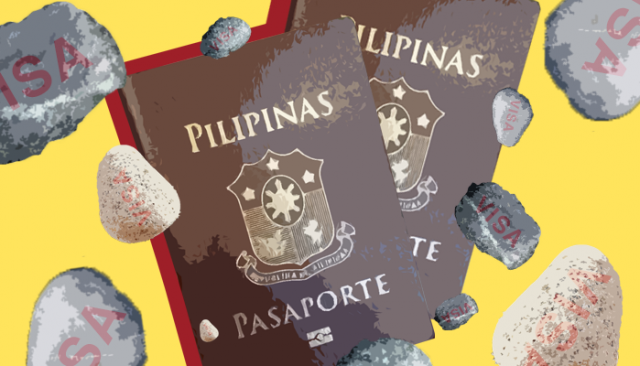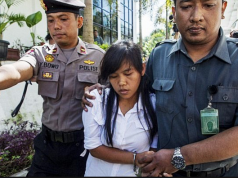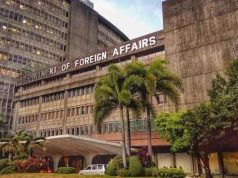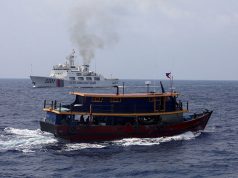
There are many factors or reasons for people to travel—for work, for leisure, and even for seeking refuge from their home country in turmoil.
Regardless of the reason, the arduous task of applying for visas is still a major deterrent, particularly for people who are living in countries with “less powerful” passports such as the Philippines.
The hassle of visa application was echoed on Twitter by Jamaican Kamilah Taylor, a freelance writer and engineer based in the United States.
People born with passport privilege don’t realize how much work/stress/anxiety it is for the rest of us to apply for visas every time we travel.
— kamilah taylor ⚡ (@kamilah) April 4, 2018
Passport privilege is a phrase Taylor used to describe passports of countries with less visa restrictions.
“Every time I travel to Europe, I have to prove I have money in my bank account, a job, a place to stay every night, international medical insurance, and a flight in and out, all because the country of my birth apparently implies I’m at risk of illegally immigrating,” she added in the thread.
Taylor explained that she made this post because she was frustrated with the requirements in applying for a visa to Germany.
Many seemed to share her sentiments on this travel hindrance.
@kamilah This is sooooo me.
I couldn’t go to Germany this May for the same reasons because the time to get two VISAs(Schengen + Canada) approved is too much. I am an Indian and least likely to break the law or illegally immigrate..— Arafat (@era_l0ve) April 5, 2018
Taylor may be Jamaican but many Filipinos would also find the tweet speaking for them.
It’s so bothersome to own a filipino passport huhu sobrang hassle ng mga visas
— M e g ミ✯ (@megacsay) March 24, 2018
Limits of a Philippine passport
Taylor may be Jamaican but many Filipinos would also find the tweet speaking for them.
The 2018 Henley Passport Index ranked the German passport as the most powerful, with visa-free access to 177 countries among the 199 countries in the index. The Philippine passport paled in comparison, with only 63 countries its holders have access to prior to approval by embassies.
Looking at the list, only Singapore, Japan, and South Korea are the countries in Asia that made it to the top ten ranks. The rest of the most powerful passports are European countries’, alongside those of the United States, Canada, New Zealand and Australia.
Why Filipinos can only travel to 63 countries without a visa
There are many ways countries reach visa-free travel agreements among each other. For example, countries that belong to the European Union and the Association of Southeast Asian Nations abide by a common visa policy.
Countries with good bilateral relations also come up with travel agreements especially when concerns over illegal immigration and security are eased.
While it’s easier for foreigners with powerful visas to visit the country, Filipinos will continue having a hard time visiting theirs.
Having global access may seem a trivial matter to some, this is a big deal for people whose professions depend on traveling.









